It’s accepted wisdom among Support and Success leaders that self-service deflection is integral to meeting the increasing customer demand for Support. Along with measurable (and valuable) benefits, there are some unintended consequences of self-service deflection. Let’s unwrap 4 of them.
Let’s start with some key self-service deflection stats
For the past decade, reported Self-Service deflection has averaged 22.2%. In 2020 Self-Service deflection stood at 19.8%. Deflecting 20% of Support demand is still impressive, particularly for companies with high case volumes and/or high costs per case.
BUT when companies achieve 20% or better deflection rates, Support demand does not necessarily fall by 20%. That’s where our four unintended consequences of self-service deflection come into play.
Unintended Consequence #1:
Support demand seldom declines
Typically, overall assisted Support demand does not decline by the rate of deflection. We can attribute this quite simply to the facts that a) deflection rates stay steady in that 20% neighborhood and b) support demand is steadily on the rise.
Expect that as Self-Help success and service automation rates increase, assisted support demand is not likely to drop off at the same rate. Create a strategy to scale Support delivery.
Unintended Consequence #2:
Customer content comes at a cost
Truly helpful content takes time, knowledge, and skill. Delivering a single technical document to answer support issues for dozens or hundreds of customers is cost effective, but not without cost.
Expect to spend more time and effort to create, validate, and digitally promote support content. New staff roles such as writers, editors, bloggers, and technical and production staff will likely be required. (Can this work be outsourced? Yes but further time-and-budget-consuming unintended consequences can result. It’s up to you to weigh the pros and cons.)
Unintended Consequence #3:
Effective self-help increases customer engagement
The additional Support capacity created by Self-Help and automation is often consumed by an increase in user access to and consumption of support resources. In other words, the more that customers adopt Self-Service Support, the more they will reach out to your Support organization.
Expect that as you make available more quality Support resources—Self-Help, automated and assisted—customers will want and expect more support. Overall demand will not likely decrease.
Unintended Consequence #4:
Assisted support cases become more complex and costly
It makes sense that cases that are not deflected but handled by assisted support are typically more complex and more costly to resolve.
Expect Self-Help and service automation to resolve many of the easier, known, and less complex issues—leaving more complex support cases for your support team. Time to resolution and cost per assisted case may rise on average as the deflection rate increases.




